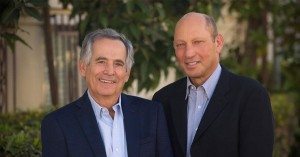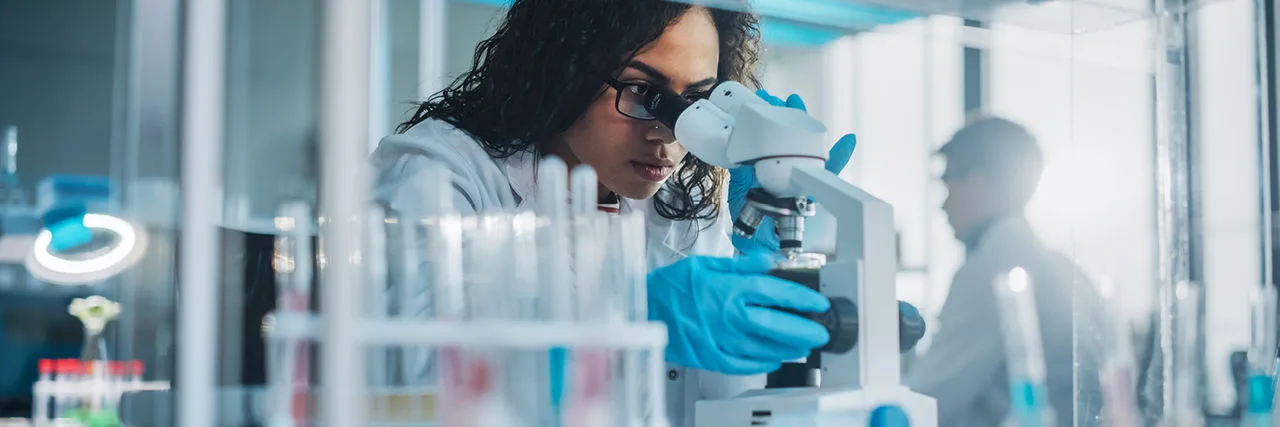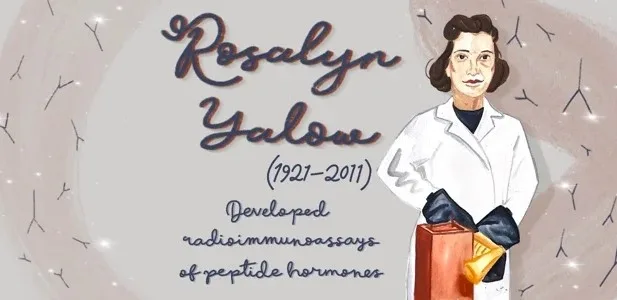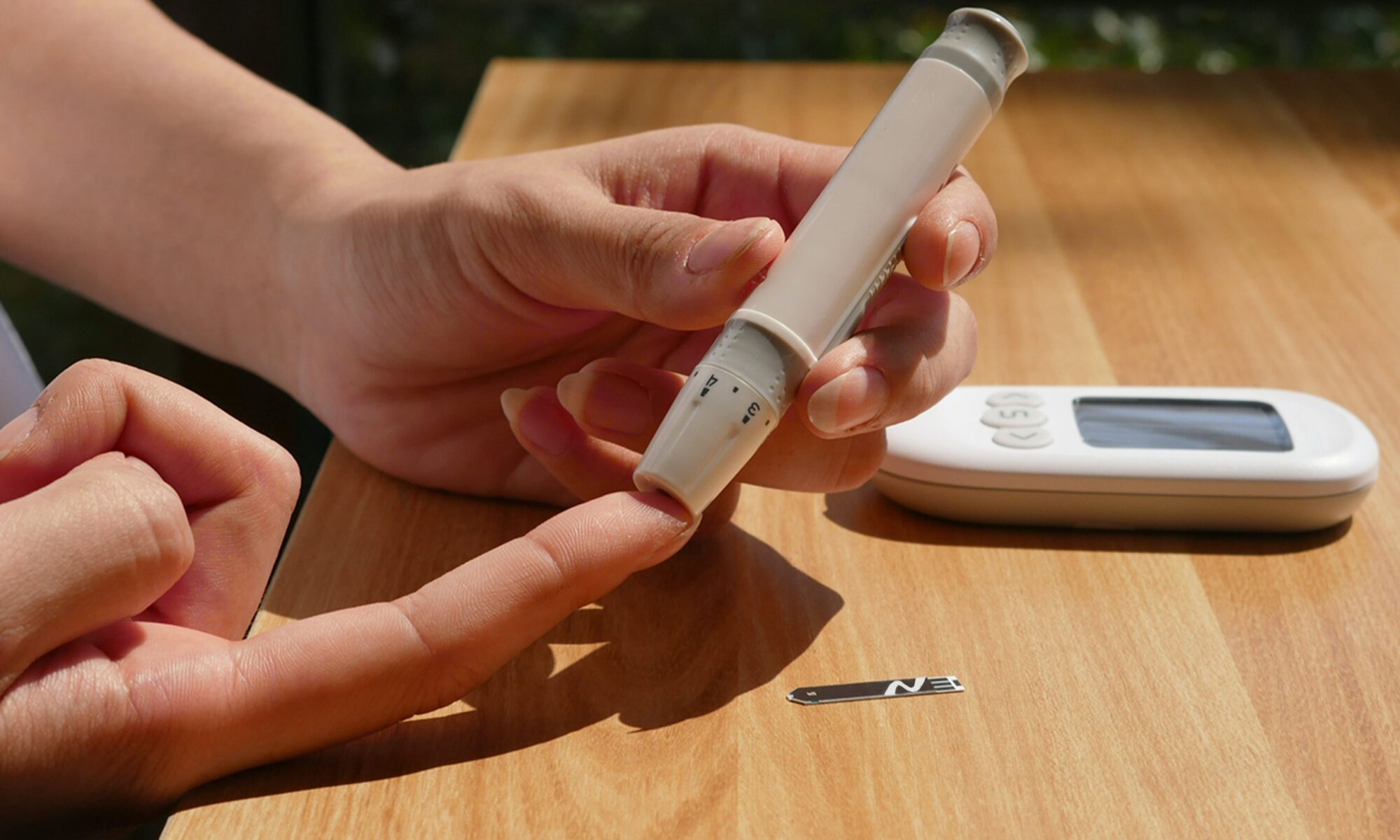Original article posted by Charlena Wynn via NC State University’s Philanthropy Journal on November 2, 2015. Click here to read the original article.

One out of every hundred Americans has type 1 diabetes (T1D). Millions of children and adults struggle with this autoimmune disease. Yet, funding has decreased for research to prevent, cure, and better manage the disease. Of the funding available, 97% goes to established scientists. Early-career scientists are often the source of radical new ideas but have difficulty finding money to support them, forcing many to leave the field of diabetes research.
The Diabetes Research Connection (DRC) created a platform which connects donors directly with early-career scientists, enabling them to 
Scientists submit their projects to a panel of over 80 leading diabetes experts who review it for innovation, feasibility, value, and achievability. As established scientists, DRC’s panel of experts donate their time and expertise to encourage the next generation of diabetes investigators to push the envelope.
The time from application to funding can be as little as 12 weeks, compared to 18 months for many research grants. In 2015, 100% of research funds go directly to the scientists’ lab. To ensure transparency, each researcher provides updates on their project, posting final outcomes on DRC’s website.
Alberto Hayek, M.D., co-founder and president of the Diabetes Research Connection and world-renowned diabetes expert believes that the lack of funding for early, discovery-stage projects is one of the biggest problems in research. “With DRC, we are giving scientists the resources to test and validate research that departs from conventional thinking, because the opportunity to pursue new paths is when and where breakthroughs occur,” says Hayek.
DRC utilizes the online mechanism called “crowdfunding” because it connects scientists just starting out in their research career directly to the crowd of people seeking solutions to diabetes.
The seed money supporters provide through DRC’s website help ensure that innovative ideas can be pursued. Without this source of funding, the number of researchers in diabetes is certain to decline and a cure will be that more difficult to find.
Dr. Todd Brusko from the University of Florida received $50,000 through DRC to begin working on his project titled, “Can we engineer a patient’s immune cells to stop the autoimmune attack that causes T1D?”
“In six months, my project has made remarkable progress. My lab isolated and expanded a rare population of regulatory T cells (Tregs) to a level that we believe may yield therapeutic efficacy. Importantly, the nanoparticle delivery approach appears to be working to sustain the activity of Tregs. This supports the notion that these cells will be functional and help restore balance in the immune system when re-infused into patients with type 1 diabetes,” says Brusko.
Ph.D. candidate, Kristin Mussar, from the University of Washington received $54,000 through DRC to begin working on her project titled, “Creating new insulin-producing cells to repair the damaged pancreas.”
“We are one of the few labs in the United States currently researching macrophages to determine if this type of white blood cell, typically involved in fighting off viruses or colds, may help repair pancreatic beta cells. If successful, my project may lead to finding a molecule or drug that can be given to T1D patients to help them restore their body’s natural ability to produce insulin,” says Mussar.
DRC was established in 2012 by five tireless proponents of diabetes research. Dr. Alberto Hayek, emeritus professor from the University of California and Scientific Director at Scripps/Whittier Diabetes Institute in San Diego; Doctors Nigel Calcutt and Charles King, diabetes research scientists affiliated with the University of California; David Winkler, an attorney, entrepreneur and venture philanthropist who was diagnosed with T1D at the age of six and Amy Adams, a writer and business owner whose son has lived with T1D for most of his life.
DRC’s goal is to have at least 10 projects actively seeking funds on the website.
The Diabetes Research Connection connects donors with early-career scientists enabling them to perform peer-reviewed, novel research designed to prevent and cure type 1 diabetes, minimize its complications and improve the quality of life for those living with the disease.






